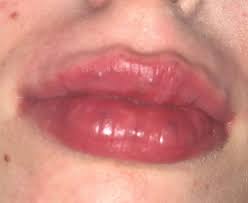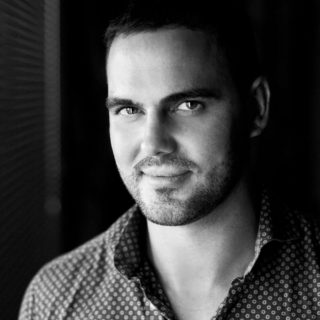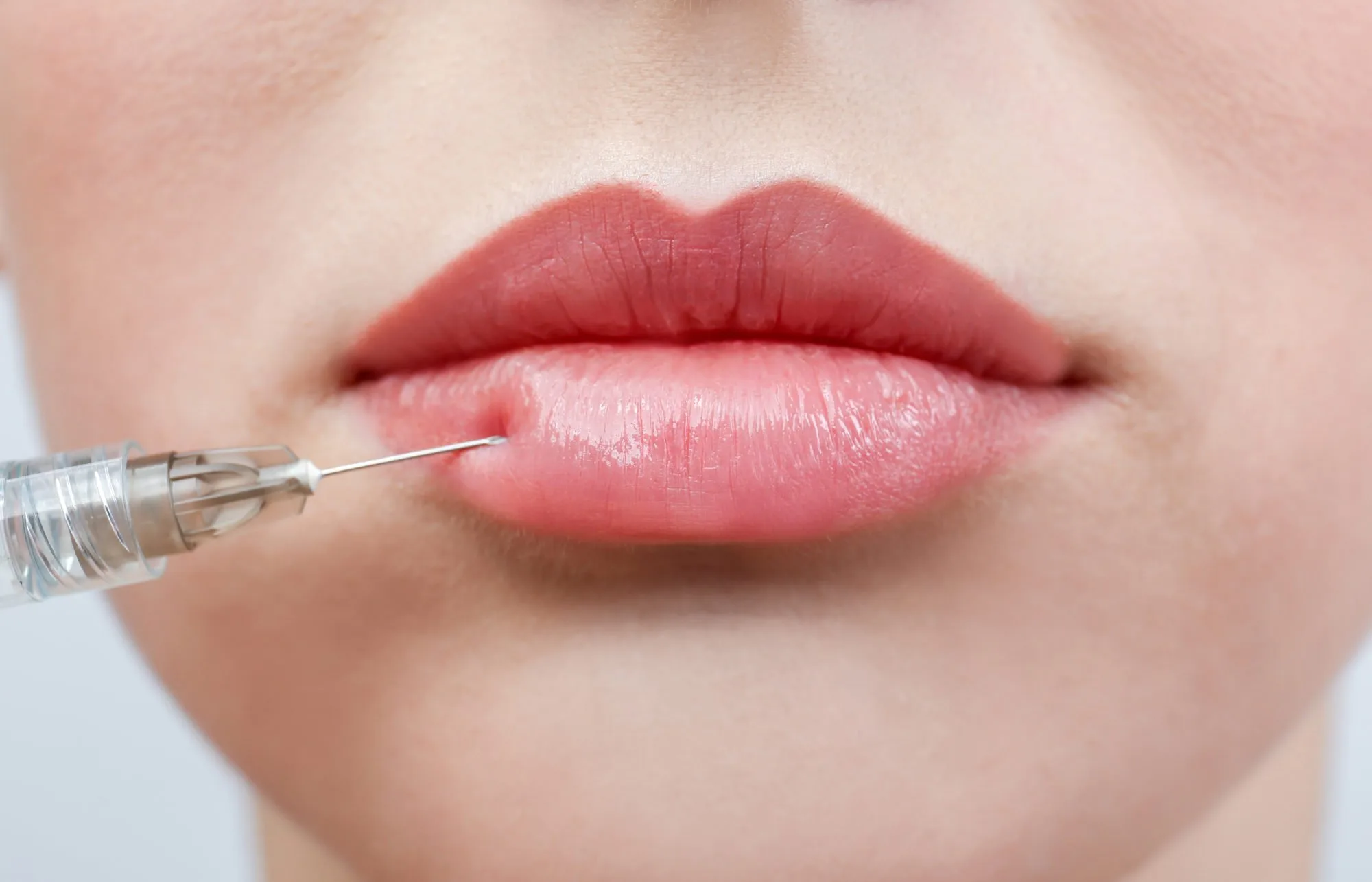I often think we underestimate the importance of a fully functional and aesthetically pleasing peri-oral region – for speaking, articulating, laughing, eating, tasting, being intimate. Yet I’m still trying to comprehend what would drive patients to opt for an over-filled lip area or “duck-lips” – or why doctors would create them.
Looking at the science and psychology behind lips, I have compiled a list:
1. The “bigger is better” theory
The success of a beautifully filled lip depends on a fusion between patient selection, when the correct filler is used and a seamless outcome. Often patients love the initial results and unfortunately believe that more fillers will only enhance it. The rules of aesthetics, however, are less is more. Generally, patients who don’t show a lot of teeth when smiling should be discouraged from having lip fillers, as this may hide the teeth even more. Lips are soft tissue and require hard tissue (i.e. bone or teeth) to be supported and projected.
2. Social media has desensitized us
When human beings are repeatedly exposed to bizarre or extreme expressions of facial “beauty” or fashion statements, a new norm is created. Puffy, overinflated lips, almost appearing to be painful… these are the pictures that fill our screens. We are getting so used to this phenomenon that in some countries it’s become the general look.
3. A lip filler can change our proprioception
Proprioception is our mental orientation of knowing where our body parts are, without having to see or feel them. Since fillers change the projection of our lips, patients get used to the projected result (after they have settled) and not necessarily the volume of the lips. When the projection, and subsequently the proprioception of the lip to which the patient has become accustomed, declines, the patient often thinks the filler needs to be repeated. They believe that since the projection is lost, the filler must be lost too. And although this theory does make sense, I don’t believe it’s realistic in all cases. Hence, we see Daffy-lips appearing to be abnormally thick, with few teeth visible when speaking or laughing.
This is seen mostly in patients who have a lip filler done often and over a certain number of years. It doesn’t take a strong orthodontic/orthopedic force to change the inclination of our teeth or the positioning of our upper jaw. What if over exaggerated lip augmentation acts as a force on the upper teeth and jaw, leading to a weaker bony support structure, making the patients believe they need more filler?

4. Lips are linked to the labia
Some women carry their “sexy” in a vial of lip filler, thinking they might look more sensual this way. The problem with voluptuous lips is that one size doesn’t fit all. Every face is unique and big lips don’t look good on everybody.
5. Body dysmorphic disorder
This is a disorder where we forget how beautiful we are, and, in the process, we lose ourselves even more, opting for results that people will continuously notice so that we can get constant acknowledgment. Find out more about this disorder by clicking on the following link.
6. Your friends are lying to you
Not all friends have the courage to tell you the truth. When they keep staring at your visibly enhanced lips, my guess is they are not coming in for the kiss… Start listening with your eyes.
Want to know more?
Click on the link to find out how you can avoid botched surgery and get the results you want!
Who is the writer?
Dr Zak Schabort is a cosmetic dentist and medical aesthetician based in Cape Town.
After studying dentistry at the University of Pretoria, Dr. Zak trained further in the field of Aesthetic Dentistry and Facial Aesthetics, internatiomally. At 26 years old, Dr Zak started to train doctors in the use of neuromodulators (Botox®); fillers and profile dentistry. He added training in PDO threads to the list in 2016. Today Dr. Zak has trained more than 700 doctors from all over the world using cutting-edge Aesthetic Beauty Techniques. Founder of the nationwide Cosmetic and Dental Emporium (with its flagship branch in the V&A Waterfront) Dr. Zak has treated top Hollywood stars, political leaders, royalty, global influencers as well as top local celebrities. “Seeing my work on the big screen and on TV feels like I am making a positive impact on the world.” He is also a writer, public speaker, TV personality, philanthropist and beauty expert.



![women [longevity live]](https://longevitylive.com/wp-content/uploads/2020/01/photo-of-women-walking-down-the-street-1116984-100x100.jpg)










